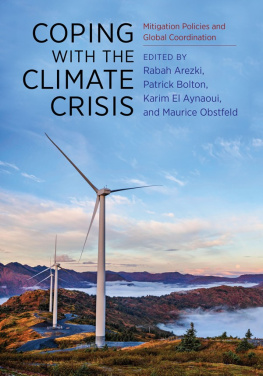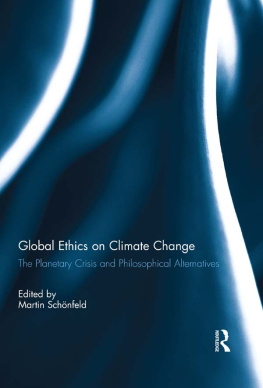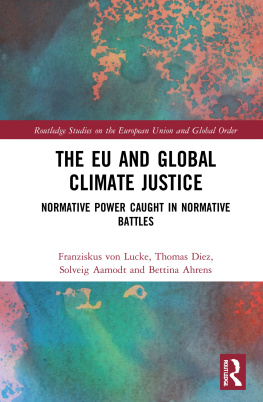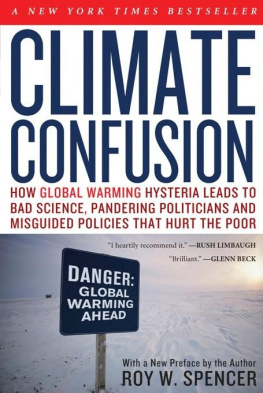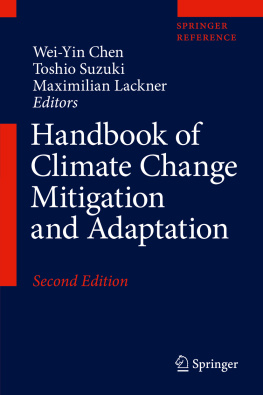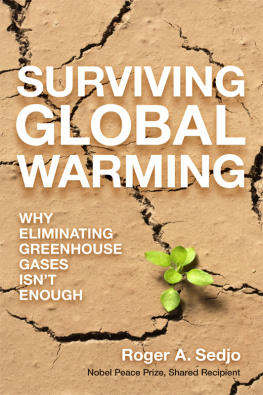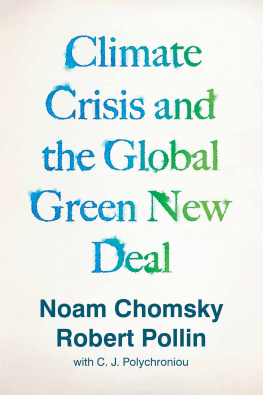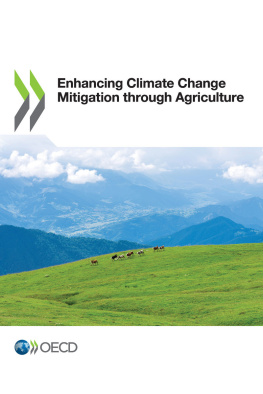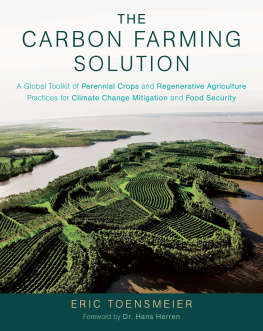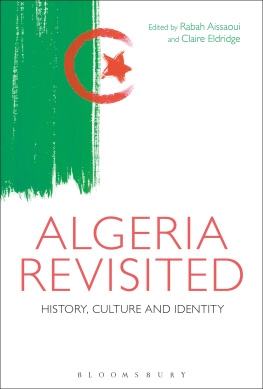Columbia University Press
Publishers Since 1893
New York Chichester, West Sussex
cup.columbia.edu
Copyright 2018 Columbia University Press
All rights reserved
E-ISBN 978-0-231-54735-2
Library of Congress Cataloging-in-Publication Data
Names: Arezki, Rabah, editor. | Bolton, Patrick, 1957 editor. | El Aynaoui, Karim, editor.
Title: Coping with the climate crisis : mitigation policies and global coordination / edited by Rabah Arezki, Patrick Bolton, Karim El Aynaoui, and Maurice Obstfeld.
Description: New York : Columbia University Press, [2018] | Includes bibliographical references and index.
Identifiers: LCCN 2017049258 (print) | LCCN 2018011489 (ebook) | ISBN 9780231547352 (electronic) | ISBN 9780231187565 (cloth : alk. paper)
Subjects: LCSH: Climate change mitigationEconomic aspects.
Classification: LCC QC903 (ebook) | LCC QC903 .C675 2018 (print) | DDC 363.738/747dc23
LC record available at https://lccn.loc.gov/2017049258
A Columbia University Press E-book.
CUP would be pleased to hear about your reading experience with this e-book at .
Cover design: Milenda Nan Ok Lee
Cover art: Design Pics Inc/ Alamy
Contents
Nizar Baraka, President of the Scientific Committee of COP22
Rabah Arezki, Patrick Bolton, Karim El Aynaoui, and Maurice Obstfeld
Philippe Benoit
Rick van der Ploeg
Christian Gollier
Ian Parry
Katheline Schubert
Ted Loch-Temzelides
Brd Harstad
Martin L. Weitzman
Maurice Obstfeld
Ujjayant Chakravorty, Carolyn Fischer, and Marie-Helene Hubert
Thierry Dau and Julien Touati
Jean Boissinot and Frdric Samama
WE ARE LIVING today through a period of great changes toward a new world order, triggered by a profound technological shift that impacts the very way we live and transforms radically our economic models as much as our mobilization and communication capabilities.
A new world, in which augmented reality and universal knowledge are within everyones reach through a simple smartphone; in which virtual self-powered intermediation increasingly controls traditional production and intermediation systems; a world in which social demands are determined less and less by local, national, or regional potential and more and more in relation to the more developed prevailing lifestyles that are continuously displayed on social media and through mainstream networks.
This reconfiguration of the world order brings with it legitimate and increasingly pressing aspirations within the populations of developing countries in the south to close the gap, and have access to the means for progress and well-being as it is perceived in northern developed countries.
In this context of a massive march toward human well-being the question is posed whether our planet is capable of meeting all these needs while using the current modes of production and consumption.
As we are all aware, addressing this particular concern has triggered a global collaborative process aimed at the fight of climate change effects, which are direct results of that same pursuit of human development and well-being, while promoting new models for resilient progress with less alarming consequences and less irreversible effects on natural ecosystems.
In that context, the COP21 (the twenty-first session of the UN Conference of the Parties on Climate Change) held in Paris, marked a decisive moment with a radical shift of paradigm toward climate resilience and combating climate change effects.
It was indeed a shift of paradigm because, for the first time, all countries around the world agreed and committed to act individually and collectively to limit global warming to well below 2C, i.e., above preindustrial levels; with each country submitting their respective voluntary contributions to achieve the objective set and committing to evolve, over time, toward a carbon-free society, in particular through energy transition.
A shift of paradigm because by acknowledging the principle of common but differentiated responsibilities of parties, a principle that is henceforth embodied in the Paris Agreement, the global community opted for an approach that makes it possible to manage and accommodate the differences among developed, developing, and least developed countries, taking into account the differentiated levels of vulnerability and contribution to climate change.
A shift of paradigm because the parties recognized the decisive role that all stakeholders must play to achieve the targets set, including subnational governments, businesses, civil society, trade unions, professional organizations, financial institutions, and citizens.
However, such a radical shift of paradigm can only become effective through actual concrete implementation. This is why the Moroccan Presidency is determined to make the COP22 the COP of concretization and action. That is our primary objective for this COP22, and there lies our main challenge.
In his Royal Message to the Medcop held in July 17, 2016 in Tangiers, His Majesty the King Mohammed VI drew up the priority areas of focus for the COP22 Moroccan Presidency:
[] the priorities of the Moroccan Presidency of COP22 focus on four areas: the actual implementation of national contributions; the mobilization of funds; the strengthening of adaptation measures and technological development.
Firstly, we need to encourage countries to adopt voluntary national contributions and to translate them into integrated public policies.
Secondly, Morocco will seek to establish a process for the gradual mobilization of funding for the benefit of developing countries. At the same time, it will propose mechanisms to facilitate access to climate finance and maximize benefits.
Thirdly, a significant effort will be made in the area of adaptation, through the quantification of needs, an increase in resources and greater capacity building.
Finally, COP22 will consider a crucial action plan devoted to technology. It will comprise three main components: the dissemination of mature technology, the emergence of transition technology and support for innovation through research and development.
As for Moroccos voluntary contributions, which were submitted for the opinion of the Economic, Social and Environmental Council (CESE) of the Kingdom of Morocco

